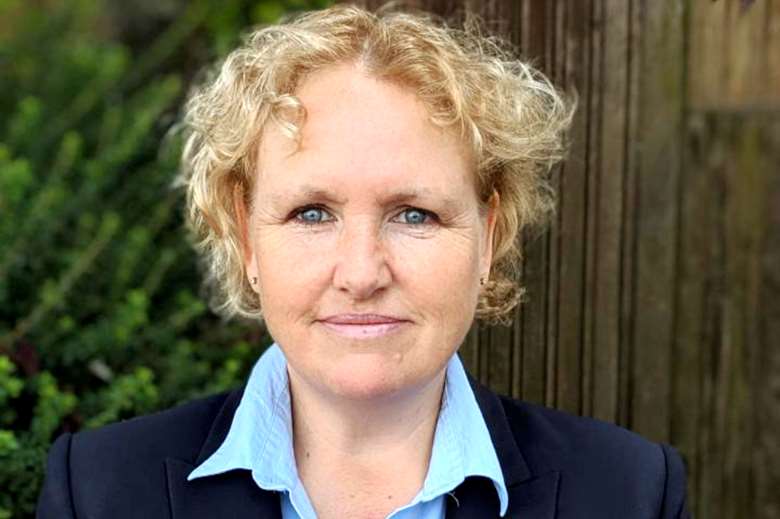Interview - Helen Boden, CEO , British Dyslexia Association
Helen Boden CEO, British Dyslexia Association
Monday, October 14, 2019
Children are usually diagnosed with dyslexia between six and seven years old, but practitioners can spot it early, says Helen Boden

WHAT ARE THE EARLY INDICATORS FOR DYSLEXIA?
You should be very careful of not mis- or over-interpreting the signs. All children develop at different rates so what should be taken into account is the number of issues that are identified, the severity of these issues and the frequency with which they occur.
Below are some of the things that may be signs of dyslexia – it should be remembered that all young children are likely to do all of these things, but it is the frequency and severity of these difficulties that will make a dyslexic child stand out from their peers:
- Inattentive and easily distracted. Can get bored with stories and can’t follow the sequence, leading to getting muddled when following a story.
- Can’t follow multiple instructions and easily distracted, a frequent forgetter, have forgotten what they did or should be doing.
- Limited vocabulary, unclear or badly formed speech, transposing sounds such as ‘par cark’ for ‘car park’, and problems connecting and expressing ideas, leading to frustration. But, alternatively, may be very able verbally at expressing thoughts and ideas.
- May appear clumsy and lack good balance and co-ordination both with fine and gross motor movements.
- May lack confidence and require frequent reassurance, or be too independent and resist direction. Reluctant to try new activities and resistant to change.
These are all common behaviours and not necessarily an indication of any underlying learning difference, which is why it is important not to consider signs as equivalent to a diagnosis of dyslexia.
There are effective checklists and some screening tools that will identify indicators earlier. Although these won’t provide a definitive diagnosis, they are useful to focus a practitioner’s attention as to whether a pattern of behaviour could be consistent with dyslexia (see https://www.bdadyslexia.org.uk).
HOW CAN PRACTITIONERS AND PARENTS SUPPORT CHILDREN?
There is a great deal you can do. Some practical ideas to support and develop skills might include:
- Put various things in containers to listen to different sounds/sound guessing games, focused listening, ‘What can you hear?’, using pictures to follow the story.
- Break instructions down using things such as Simon Says games, songs involving sequencing and memory (Old Macdonald, etc.).
- Use expressive vocab, discuss books, stories and images.
- Break new things into small manageable steps, pre-warn and talk through changes that are going to or might happen.
HOW DOES DYSLEXIA AFFECT AN INDIVIDUAL?
The most important thing to remember is that dyslexia is a combination of strengths and weaknesses; one of the main strengths is it often brings great creativity of thought, and this should be nurtured and developed. Don’t just focus on the weakness because that will demoralise the child. Instead focus on things that the child is interested in or has a talent for, build on these and use them as a platform for their learning.
Resources
A free eLearning module is available, developed from the British Dyslexia Association’s Sound Check Project, that contains lots of practical ideas to support early literacy development.




